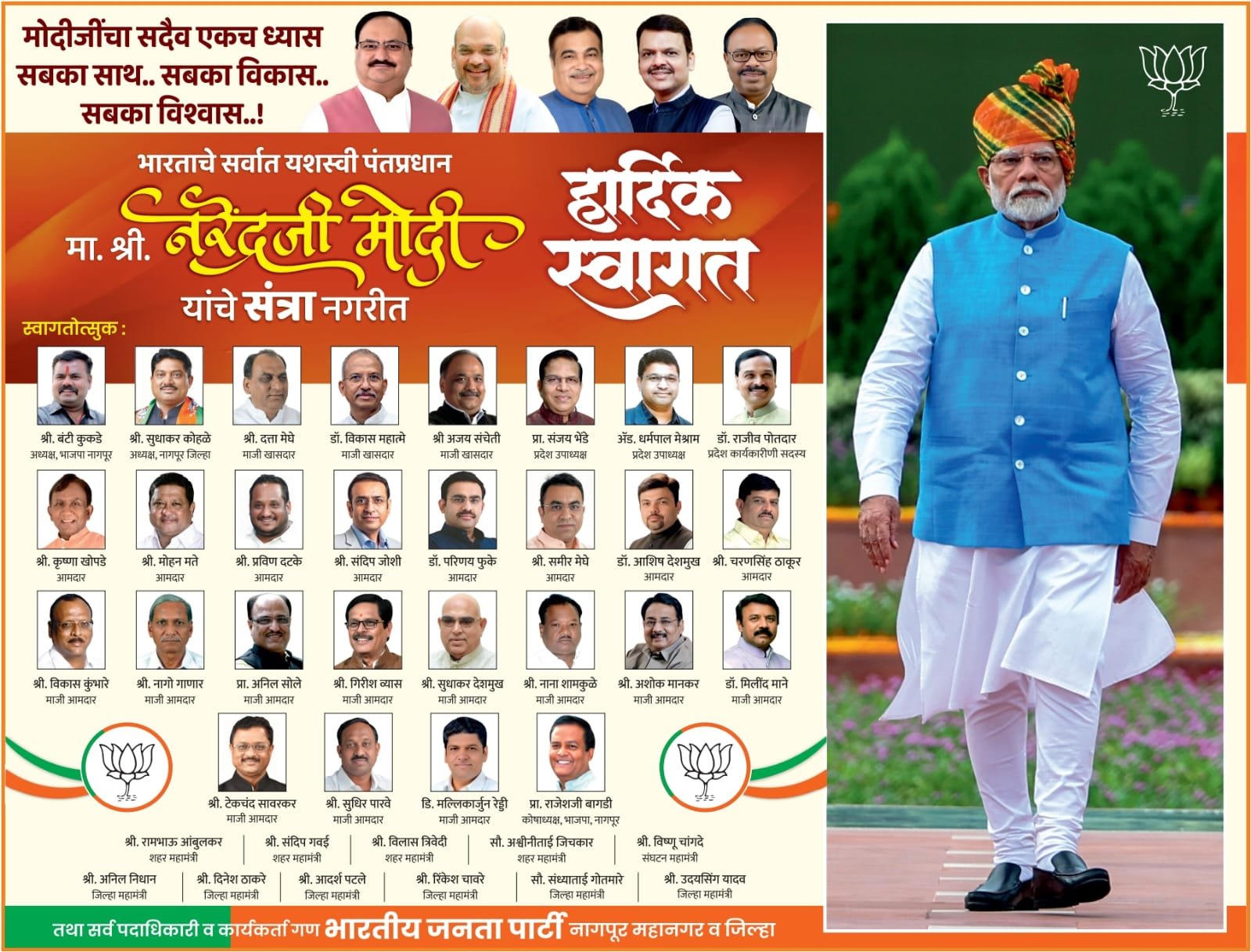
Mumbai :- As India moves towards becoming a ‘Developed India’ (Viksit Bharat 2047), an innovative and inclusive financial system is essential to tackle new economic challenges. The Reserve Bank of India (RBI) will continue to be the pillar of India’s economic stability. The RBI has played a significant role in making India a global leader in digital transactions. It will remain crucial in maintaining a strong banking system, fostering financial innovation, and ensuring consumer confidence, stated President Droupadi Murmu today.
President Murmu was speaking at the 90th anniversary celebrations of the Reserve Bank of India, held at NCPA Nariman Point. The event was attended by Governor C.P. Radhakrishnan, Chief Minister Devendra Fadnavis, Deputy Chief Ministers Eknath Shinde and Ajit Pawar, and RBI Governor Sanjay Malhotra.
President Droupadi Murmu remarked that the RBI’s 90th-anniversary celebration is a milestone for one of the most important institutions in the country. As the central bank of India, the RBI has been at the core of India’s unique development journey. From the challenging times before independence to its rise as a global power, the RBI has remained a crucial pillar. Established in 1935, this institution has always stayed ahead of India’s developmental progress and has led the country’s economic transformation.
The RBI is not just a central bank but also plays a vital role in financial inclusion and institutional development. It has established key financial institutions such as NABARD, IDBI, SIDBI, and the National Housing Bank, which support agriculture, small businesses, and housing sectors. The ‘Lead Bank Scheme’ has helped extend banking services to rural areas. The RBI has also created a favorable policy environment for the Pradhan Mantri Jan Dhan Yojana, ensuring financial inclusion. A noteworthy aspect is the significant participation of women in this scheme, indicating a positive shift toward economic empowerment.
India’s Global Leadership in Digital Transactions
The RBI has played a key role in making India a global leader in digital transactions. Innovative systems like UPI have made financial transactions easy, secure, and cost-effective. Additionally, the RBI has helped create a robust financial-technology (Fin-Tech) ecosystem. As India moves towards a technology-driven financial system, the RBI continues to strengthen consumer protection and address new challenges. The RBI prioritizes consumer trust by ensuring deposit insurance security and strengthening grievance redressal mechanisms. The ‘Integrated Ombudsman Scheme’ provides consumers with an easy and transparent way to resolve complaints.
Financial literacy is a crucial aspect of consumer protection. The RBI’s various campaigns and publications educate citizens about financial risks, help them avoid fraud, and encourage smart financial decision-making. With rapid technological advancements, cyber security risks are also increasing. Therefore, the RBI is taking active steps to make digital transactions more secure.
The RBI is also contributing towards environmentally friendly financial policies. As India moves towards a green economy, initiatives like the ‘Green Deposit Framework’ and ‘Priority Sector Lending’ for green finance demonstrate the RBI’s commitment to sustainable development. Over the years, the RBI has continuously evolved and played a crucial role in India’s economic transformation. It has been instrumental in controlling inflation, promoting financial inclusion, ensuring economic stability, and fostering growth.
Over the past 90 years, the RBI has aligned itself with the government’s vision and policies. From economic reforms to financial stability, the collaboration between the government and RBI has contributed significantly to India’s economic growth. With just one signature, a simple piece of paper becomes currency, a power held exclusively by the RBI Governor. While common citizens do not interact with the RBI directly, its influence is felt in their daily financial transactions. The greatest asset the RBI has gained over the decades is public trust. To maintain this trust, the RBI has always focused on stability, economic progress, and financial security. From the economic liberalization of the 1990s to the COVID-19 pandemic, the RBI has implemented swift and effective measures, ensuring stability in India’s financial system amid globalization.
President Murmu congratulated the RBI leadership for its efforts. During the event, Union Minister Jyotiraditya Scindia highlighted the RBI’s contributions and commended its effective handling of economic matters amid rapid global changes.
RBI Governor Sanjay Malhotra delivered the opening address, and a special commemorative stamp was unveiled during the event.



